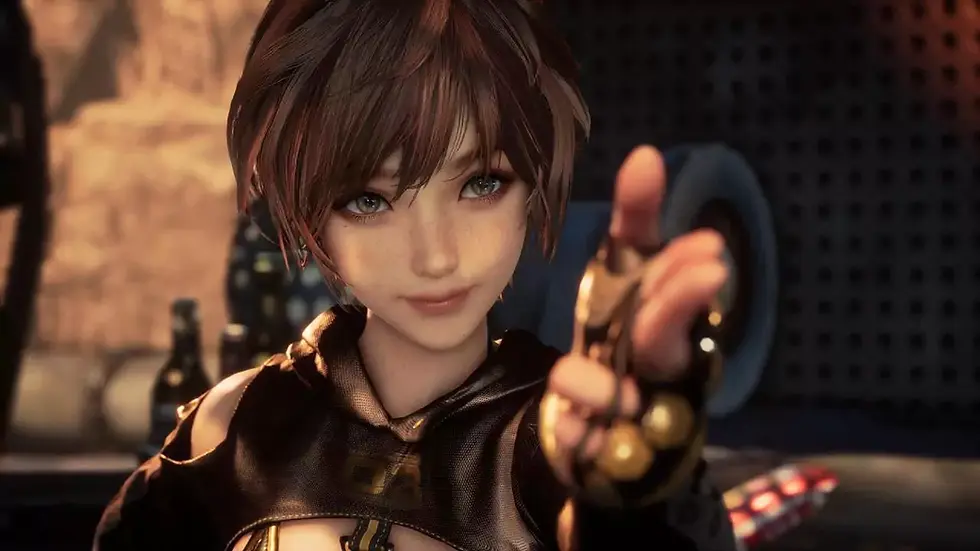Shift Up Faces Investor Concerns Over Tencent Stake Despite Stellar Blade Success
- Sagar Mankar

- Jun 15, 2025
- 2 min read

South Korean game developer Shift Up, best known for its breakout action game Stellar Blade, is currently dealing with some investor concerns over its ownership structure and transparency—even as the studio continues riding high on recent success and gears up for future projects.
Originally focused on mobile games like Goddess of Victory: NIKKE, Shift Up made a bold move into the AAA space with Stellar Blade, which was both critically acclaimed and commercially successful. Riding that momentum, the studio has already confirmed a sequel and is deep into development on a new IP called Project Spirits. But even with these exciting developments, questions are being raised about the company’s long-term independence.
As reported by South Korean outlet Global Economic (via Automaton), the main concern comes down to the tight shareholding gap between Shift Up’s founder and CEO Hyung-Tae Kim and Chinese tech giant Tencent. Kim currently owns 39% of the company, while Tencent—via its subsidiary Aceville—holds 34.58%. That’s just a 4.5% difference, which has some investors worried that Tencent could eventually gain more influence over the studio’s direction.
Tencent already plays a major role for Shift Up, especially as the global publisher for its mobile games, including NIKKE, which continues to be a huge moneymaker. This dual role—as both a major stakeholder and publishing partner—has led to concerns about the studio becoming too reliant on Tencent. Some investors are even pushing for a backup plan to help preserve Shift Up’s creative and operational independence.
Shift Up went public in 2024 with an impressive IPO. On its first trading day, shares jumped 49%, thanks largely to the strong performance of its headline titles. But now, questions about the company’s internal structure are beginning to surface. On June 2, Shift Up released a corporate governance report, showing a compliance score of just 33.3%—well below the national average for listed companies in South Korea. This score reflects how the company handles things like board independence, minority shareholder rights, and audit processes.
Analysts say that the mix of low governance transparency and the narrow ownership margin adds a layer of uncertainty around Shift Up’s long-term decision-making. If Tencent decides to raise its stake, there’s a realistic chance it could take more control—something it’s done before with companies like Riot Games, Funcom, and Kadokawa.
Still, in the short term, things are looking bright for Shift Up. The PC version of Stellar Blade recently broke concurrent player records for a PlayStation-published title, beating out big names like Ghost of Tsushima. With momentum on its side and new games in the pipeline, the studio is clearly growing. But all eyes will be on how it handles ownership dynamics and governance going forward.



Comments